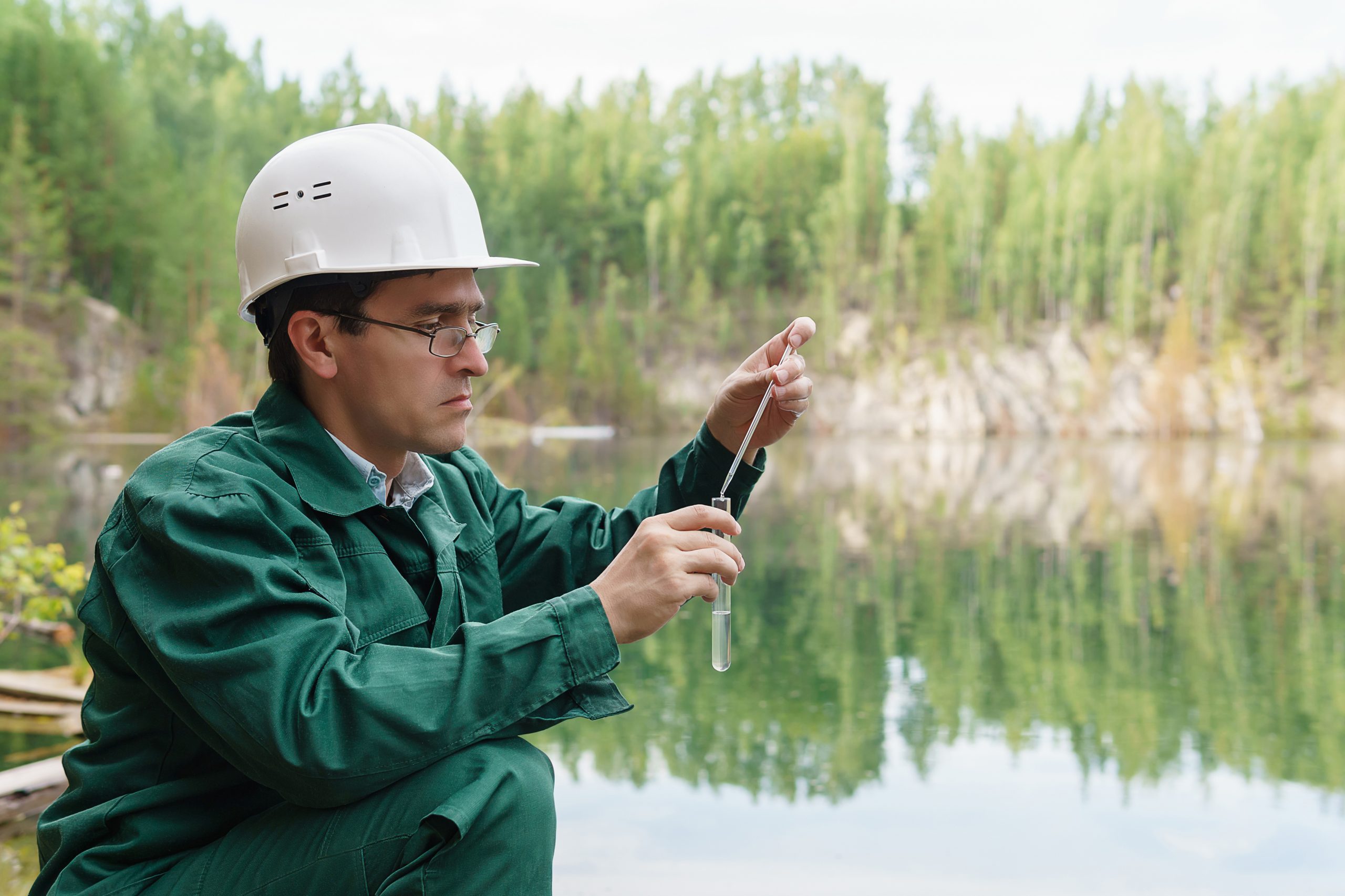
Apprentice water engineers monitor, manage and protect water and resources in commercial, environmental, and academic settings.
They make the water flow more efficiently via channels and pipes for water supply engineering and control. Their work contributes to the effective planning, development, and long-term use of natural and domestic water resources.
Responsibilities
Throughout your apprenticeship, you may help:
- investigate the causes and impact of flooding and drought
- study snowfall, glaciers and ice formation
- use data about rivers, rain and floods to predict and manage risk
- analyse water samples for chemicals and pollutants
- work on engineering projects like dams, drains and flood defences
- advise policy makers on sustainable water use.
Salary
- Starting salaries for an apprentice typically range from £18,000 to £25,000.
- With experience, more senior water engineer can earn £45,000.
- Principal water engineers can earn in excess of £50,000.
Working hours
Working hours may include regular extra hours, but not usually shifts. Long hours, and working under pressure, may be required in an emergency, such as a flood but expect to work around 38 to 45 hours a week.
Working environment
You could work in an office, in a laboratory or in the countryside.
Your working environment may be outdoors in all weathers.
Qualifications
Qualifications you can achieve as an apprentice water engineer include:
- Level 6 Environmental Practitioner – Entry requirements for this level include 4 or 5 GCSEs at grades 9 to 4 (A* to C) and A levels, or equivalent, for a higher or degree apprenticeship. This qualification will take 60 months to complete.
Skills
On a water engineer apprenticeship, you’ll learn:
- maths knowledge
- knowledge of engineering science and technology
- knowledge of geography
- analytical thinking skills
- knowledge of chemistry for analysing water samples
- to be thorough and pay attention to detail
- the ability to think clearly using logic and reasoning
- excellent written communication skills
- to have a thorough understanding of computer systems and applications.
Employers
Typical employers include:
- water supply companies
- utility companies
- government and environmental bodies
- consultancies
- research and development agencies.
Professional development
On-the-job training will be provided for the technical aspects of the job, as well as additional training in specialised IT tools and soft skills such as time management.
In-house people, professional organisations, and outside consultants are often used to provide professional training. Mentoring from a more experienced colleague might help you consolidate knowledge and gain confidence.
It is vital to keep current on new procedures, technology, and legislation throughout your career. Membership in professional organisations like the BHS and CIWEM is advantageous for training, networking, and continuing professional development (CPD).
Career prospects
Promotion is based on merit and the acquisition of practical hydrological experience. Therefore, progression via an organization is the most evident way to advance in the sector over the first two to five years.
You may broaden your skill set by moving to a different portion of the organization’s operations or changing departments or research teams. There may also be opportunities to work at an international office in another country.
